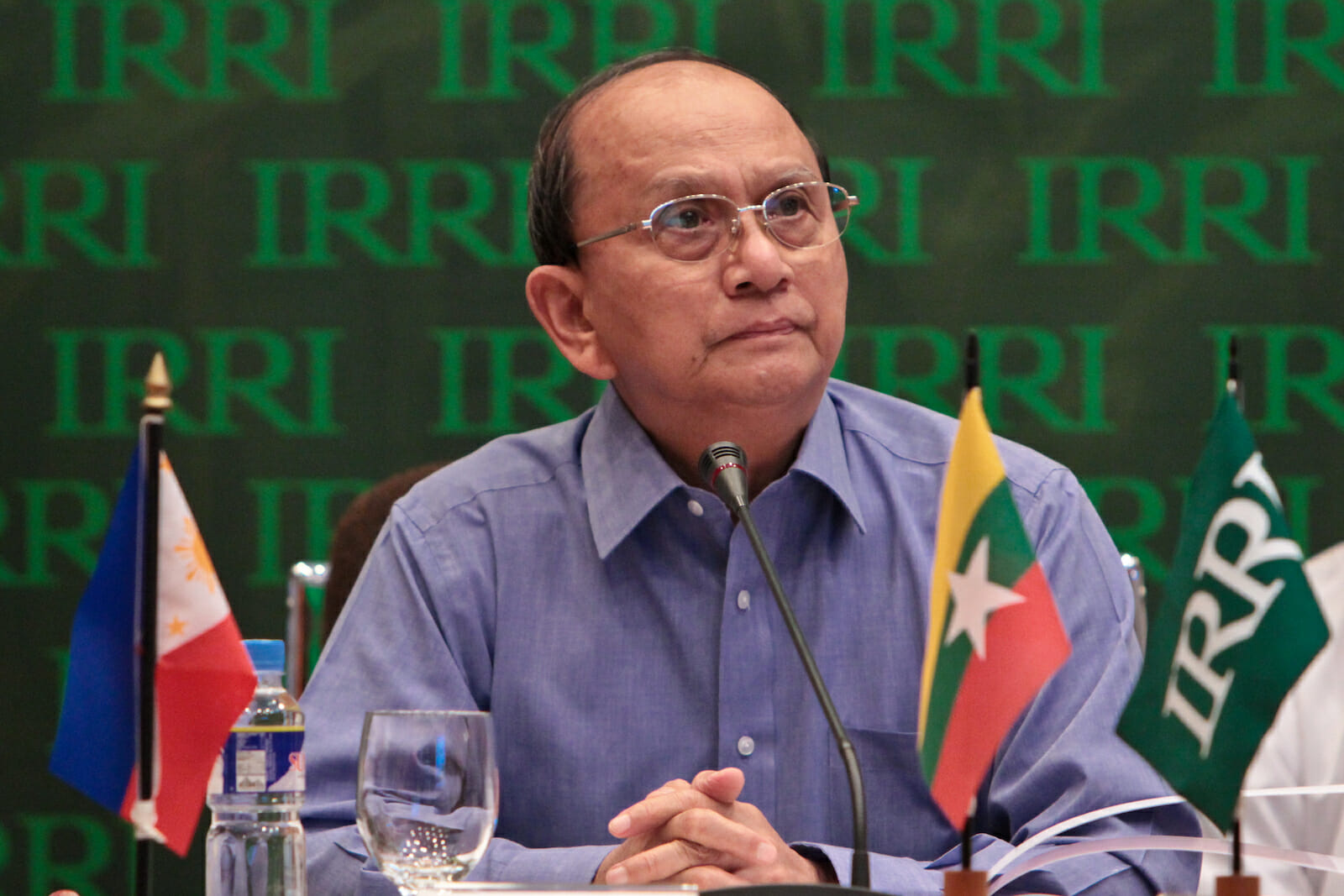
Is Burma Moving Towards Democratic Reforms?
The notoriously powerful military junta of Burma is loosening its grip. In an uncharacteristic move, former army general Thein Sein, who came to power in March, thwarted the Chinese-funded $3.6 billion Myitsone dam project in the state of Kachin, relenting to the continuous pressure from the Burmese citizens in that region.
The Burmese government has recently released more than 6,000 jailed political prisoners. The U.S. Secretary of State Hillary Clinton is set to pay a visit to a country that has been closed to outside world for more than 50 years. These events indicate that Burma maybe inching toward a democratic reform. But much more need to be accomplished, tested, and proved. For example, Burma’s political structure is ruled unilaterally by the military, which also control its economy. Its opposition parties are weak. But with Aung Suu Kyi out of house arrest, the opposition parties are strengthening their voices. It is too early, however, to predict the impact of the opposition parties on Burma’s current political structure. Burma remains a poor country and its economic infrastructure must be changed with open trade and domestic monetary and fiscal policies.
The Junta
For the last 50 years, the military junta has ruled Burma with an iron fist and the outside world did little damage to the sovereignty of the country despite economic sanctions. Burma is rich with natural resources like hydropower, natural gas, petroleum, precious stones, and others. The U.S. has renewed its financial and travel sanctions against Burma in 2007. Earlier this year, the European Union (EU) also extended its economic sanctions against Burma.
But the military junta strategically circumvented these sanctions by exploiting the country’s natural resources. According to a report, in 2010 the Burmese junta netted an estimated 1 billion Euros from the sale of precious stones. From trade fairs to showcase its resources, the junta generated as much as 400 million to 500 million Euros during the same year.
The human rights violation of the military junta is never beyond any questions. It is alleged that the junta “never spent a dollar” to help the cyclone Nargis victims. But the military government continued to spend money generated from the proceedings of the natural resources on building its military power.
Alliance with India and Other ASEAN Countries
India’s historical relationship with Burma is complicated, exacerbated by their geographical proximity, China’s influence on Burma, and political “mistrust and “amity” between Burma and India. Despite political and philosophical differences, India has shown its support for democratic changes in Burma. According to a report, India openly criticized Burma’s autocratic suppression when a massive anti-government rally broke out in 2007 against a “steep” fuel price increase.
India has remained committed against Burma’s human rights violations and its military junta. But it has also attempted to engage with Burma politically without relenting to the autocratic military junta. For example, India has pressured U.S. and other Western nations to ease the economic sanctions against Burma (South Asia Analysis Group, 2009). The economic ties between India and Burma speak volume. According to a report, during 2007 and 2008 the “bilateral” trading between the two countries reached nearly $1 billion while exports from Burma to India reached $810 million. The trade between these two countries also has extended to other areas such as building infrastructure projects, establishing border trades, and creating energy deals.
Burma’s prospect of assuming the chairmanship of ASEAN in 2014 looks promising. Indonesian Foreign Minister Marty Natalegawa recently commented that this opportunity would be a testament to the country’s path to democratic reform. The ASEAN chairmanship is important for Burma for various reasons. First, it would provide Burma an “international recognition” and second, it would provide recognition to Burma’s “democratic credentials.”
With rising human capital, savings rate, foreign investment, and GDP growth, the ASEAN nations continue to extend their economic and political strengths over the global markets. For Burma, this would be an ultimate opportunity to take advantage of this momentum to secure itself as a democratic country, free of autocratic rulers and suppression of human rights.
The Reform
Even before her house arrest in 1989, Aung San Suu Kyi had been actively advocating for democratic reform in Burma. The reform now has a hope and the signs are palpable. Ms. Kyi’s political party, National League for Defense (NLD), has registered to run for upcoming by-elections. The party is actively involved in changing the political climate in Burma. For example, it has pressed for constitutional changes which would allow prisoners to vote. To facilitate these changes, Ms. Kyi has had talks with the new government.
Myitsone dam project’ current status is significant to reform for various reasons. First, it acknowledges government response to the plight of the villagers who have been displaced “to make way” for the project; second, it underscores years of public discontent against the military regime in the Kachin region; third, it highlights Burma’s firmness against China’s manipulation of its natural resources.
Zargana, a famous comedian in Burma, was jailed for speaking out against government’s inaction for the victims of Hurricane Nargis in 2008. Zargana was sentenced to 59 years in prison. He is free now. His release sends a clear message of attribution of free speech.
The Burmese government has reversed a labor law that would allow unions to strike under conditions. Since 1962, the unions have not been able to form strikes. The new legislation will likely to allow increased trade opportunities and “improve transparency” in Burmese labor practices.
These changes illustrate that the Burmese government has come to terms in favor of democratic reform after more than 50 years of military rule. No one knows for sure what the future holds for Burma’s path to reform. But right now, Thein Sein must take responsibilities to transform the “flickers of hope” into tangible action plans that will propel Burma into the path of restoring its democracy and fulfilling its humanitarian needs.

